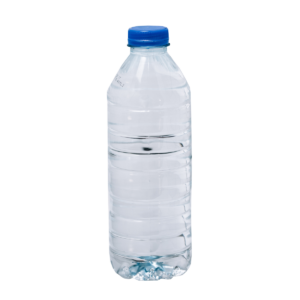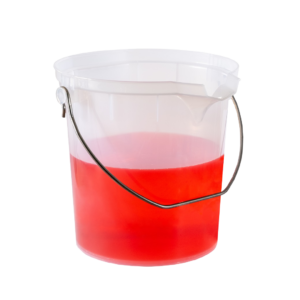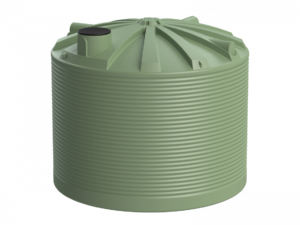What’s Food Grade Plastic, and why it matters
21 December 2022

Not all plastics are made the same. They are made in various ways with compounds that change from product to product. Not only that but how they react to heat or chemicals also matters, as it can actually degrade or decompose the plastic and thus leak into the food.
Think of acidic foods that may cause this chemical breakup or when putting plastic in a microwave and having it melt. That means when it comes to food-grade plastic, it should always be the best quality plastic possible to avoid any potential issues.
So what is food-grade plastic?
Food-grade plastic is durable enough to withstand breaking down when holding food in any type of temperature or environment. It also has to typically be fresh plastic and not recycled plastic, as it’s still not easy to trace its source of origin. Finally, it has to be devoid of any types of colouring or additives that could be deemed unsafe.
Ultimately it also has to be completely inert when in contact with foodstuffs and liquids.
How to tell if my plastic is food-grade?
Thankfully there’s plenty of information out there, whether you’re ordering from a manufacturer or double-checking the plastic at a supermarket. They come in a grading system, with PET or PETE (1) being the most durable and best option against food safety concerns. In addition, PET has a high impact resistance and protection against wear and tear.
PET Example
Other examples are Polypropylene (PP) which shows great thermal resistance. Think of reusing these in the microwave or dishwasher on a continuous basis. It’s also inert and won’t have reactions to detergents or other active foodstuffs.
PP Example
Or you can go for High-Density Polyethylene (HDPE) which has the benefit of being extremely strong and light at the same time, allowing for simple storage. It’s also ideal for long-term storage as the compound is quite resistant to rot, insects, mould or even mildew. It will also be your best bet against wear and tear or corrosion.
HDPE Example
Always make sure to check for the right labels
If you don’t have the right plastic packaging for food or liquid, then you will violate some health codes. On top of that, it’s going to be a huge risk to people who consume food out of those types of containers. If any type of plastic leakage occurs, it will get onto the food or into the liquid and most likely be digested. Plastic is not something we want to ever consume, and that can lead to a host of medical issues, from organ damage to the possibility of developmental delays in children.
Plastic is an excellent complement for food preparation in general, as they tend to be inexpensive, durable and easy to handle. However, if you are in need to get yourself more plastic-based kitchenware, especially when looking for measuring tools, take a look here. Not only are our products completely food safe, but we also offer a lifetime warranty against manufacturer defects.


